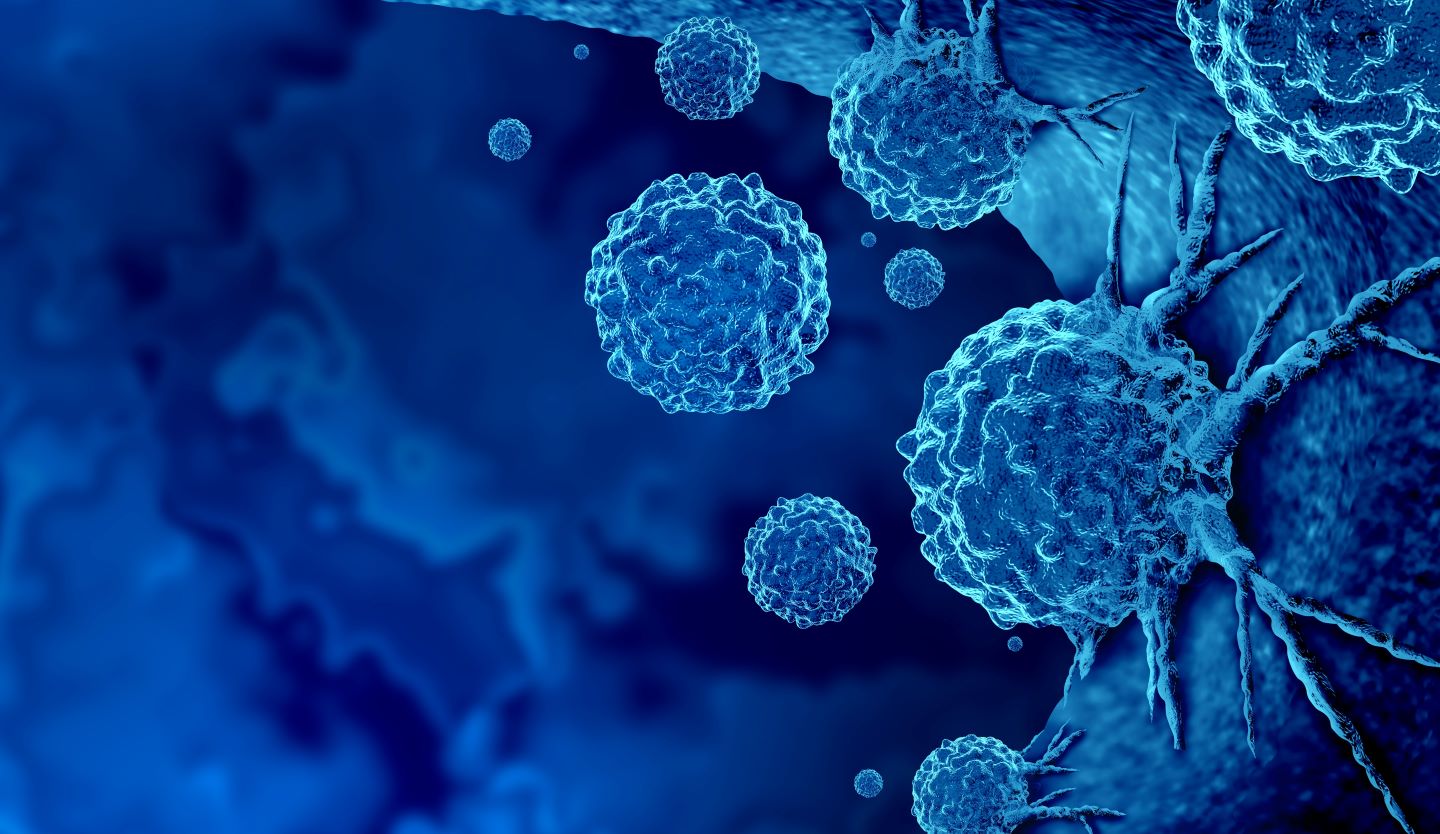

Biotechnology company HebeCell has entered a strategic collaboration with synthetic biology company Logomix to research and develop gene-edited natural killer (NK) cells.
The companies will also work on discovering genetic alterations that could produce next-generation designer NK cells.

Discover B2B Marketing That Performs
Combine business intelligence and editorial excellence to reach engaged professionals across 36 leading media platforms.
Logomix will offer its genome editing expertise to HebeCell to develop next-generation designer protoNK cells.
By merging a pluripotent stem cell (PSC)-based platform with genome-editing expertise, the companies will expand and expedite new development to check for de novo genetic alterations that improve the protoNK cells’ persistence and efficacy against cancers.
HebeCell CEO John Lu stated: “We know our protoNK cells are strong cytotoxic cells. Our goal is to make PSC-derived protoNK more efficacious in vivo.
“This collaboration expands our efforts to develop unique NK cell therapies, and has the potential to create something new and never seen before in the NK therapeutic field.”

US Tariffs are shifting - will you react or anticipate?
Don’t let policy changes catch you off guard. Stay proactive with real-time data and expert analysis.
By GlobalDataEstablished in 2016, HebeCell focuses on the development of NK cell therapeutics, leveraging its 3D PSC platform.
The off-the-shelf ProtoNK cell products treat cancer, viral infections and autoimmune conditions.
Logomix CEO Taiki Ishikura stated: “Logomix’s proprietary technology, Geno-Writing, is a genome-writing platform that grants cell therapy developers unprecedented freedom to screen, design and write in large-scale genomic alterations in human cells.
“Because our technology allows Mb-scale and scarless modifications, [when] applied to any sequences at either or both alleles it is an ideal tool to create a source of allogeneic cell therapy with desired gene edits.”
Cell & Gene Therapy coverage on Pharmaceutical Technology is supported by Cytiva.
Editorial content is independently produced and follows the highest standards of journalistic integrity. Topic sponsors are not involved in the creation of editorial content.





